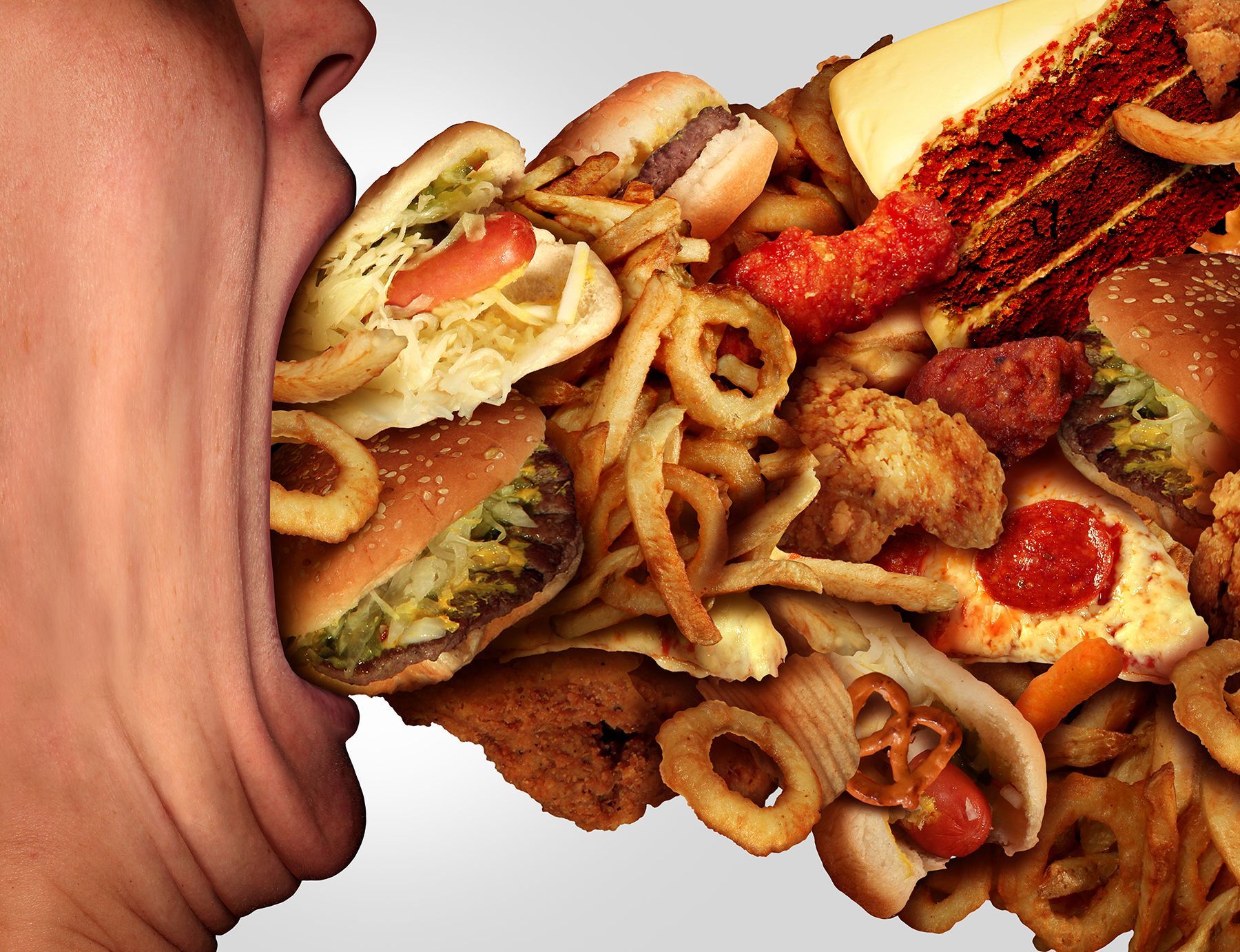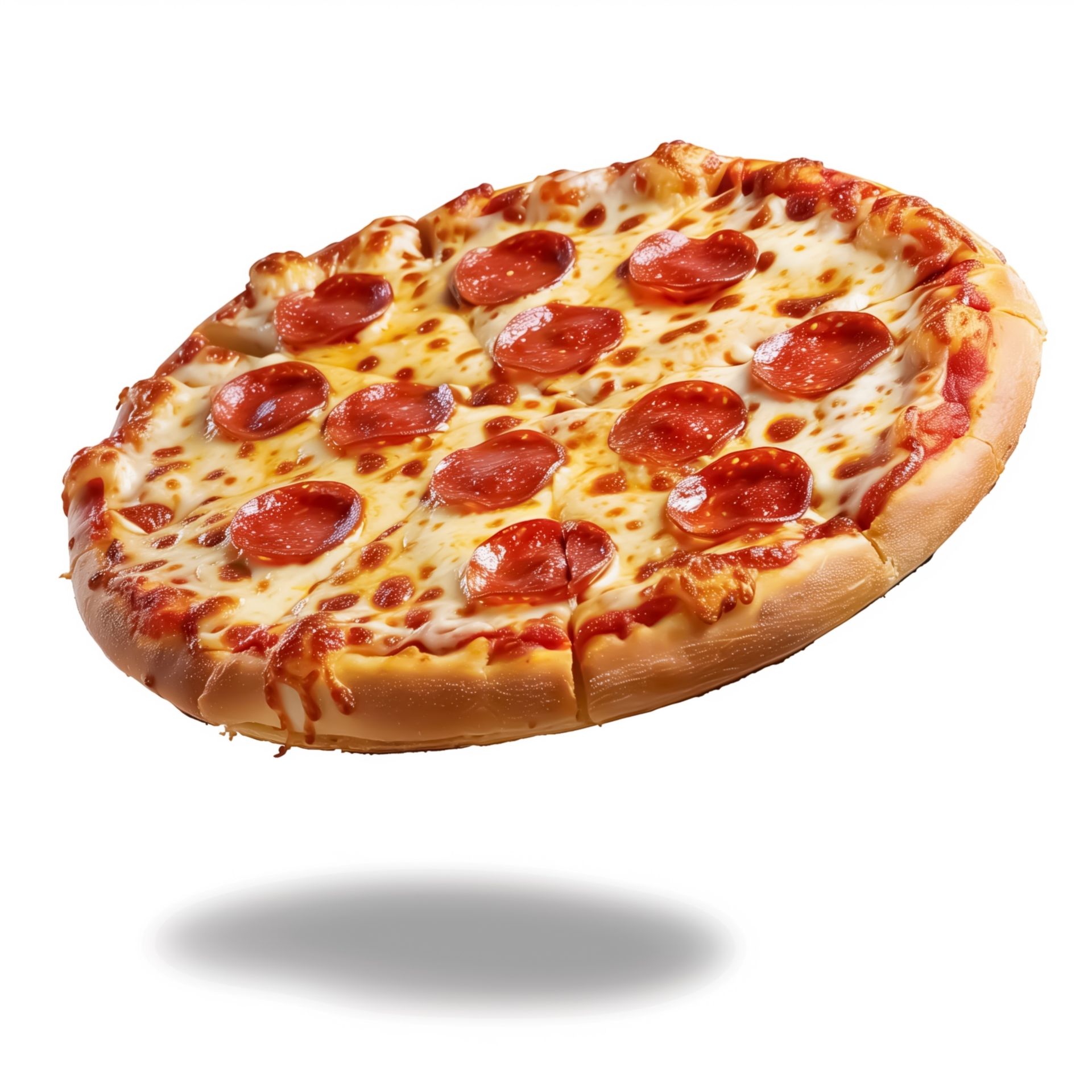Why Can't I Lose Weight? | Kansas City Laser-Like Lipo®
Why Can't I Lose Weight? | Kansas City Laser-Like Lipo®

Photo Credit: Shutterstock
Losing weight can often feel like an uphill battle, especially when you believe you're doing everything right but still not seeing the desired results. At Kansas City Laser-Like Lipo®, we understand the frustrations and challenges of weight loss. In this comprehensive guide, we'll explore the top 10 most common reasons why you might not be losing weight, according to current research. We'll also highlight the crucial role of a caloric deficit in fat loss and the importance of focusing beyond the scale.
1. Underestimating Caloric Intake
One of the most common reasons for stalled weight loss is underestimating the number of calories consumed. It's easy to overlook the small snacks or the extra servings. Keeping a detailed food diary or using a calorie-tracking app can help you stay accountable and aware of your actual intake.
2. Overestimating Caloric Expenditure
On the flip side, many people overestimate the calories they burn through exercise. While physical activity is crucial for overall health, the calories burned during a workout might not be as high as you think. It's important to balance your exercise with your caloric intake accurately.
3. Not Being in a Caloric Deficit
At its core, weight loss boils down to one simple principle: a caloric deficit. This means you need to consume fewer calories than your body needs to maintain its current weight. No matter how healthy your diet is, if you're not in a deficit, you won't lose weight. This is the fundamental basis of fat loss.
4. Hormonal Imbalances
Hormones play a significant role in regulating your body weight. Conditions like hypothyroidism, polycystic ovary syndrome (PCOS), and insulin resistance can make weight loss more challenging. If you suspect a hormonal imbalance, it's essential to consult with a healthcare professional for proper diagnosis and treatment.
5. Stress and Emotional Eating
Stress can lead to emotional eating and cravings for high-calorie comfort foods. Additionally, stress hormones like cortisol can promote fat storage, particularly around the abdomen. Finding effective stress management techniques, such as exercise, meditation, or counseling, can help mitigate this issue.
6. Lack of Sleep
Poor sleep quality or insufficient sleep can negatively impact your weight loss efforts. Sleep deprivation can disrupt hunger hormones like ghrelin and leptin, leading to increased appetite and cravings. Aim for 7-9 hours of quality sleep per night to support your weight loss journey.
7. Sedentary Lifestyle
Even if you exercise regularly, a sedentary lifestyle outside of your workouts can hinder weight loss. Incorporating more movement throughout the day, such as walking, standing, or doing household chores, can help boost your overall caloric expenditure.
8. Not Enough Protein
Protein is essential for muscle maintenance and can help keep you feeling full longer. Ensuring adequate protein intake can support muscle growth and repair, which is crucial for maintaining a healthy metabolism and preventing muscle loss during weight loss.
9. Inaccurate Portion Sizes
Portion control is vital when it comes to weight management. Even healthy foods can contribute to weight gain if consumed in large quantities. Using measuring cups, a food scale, or visual guides can help you manage portion sizes more effectively.
10. Underlying Medical Conditions
Certain medical conditions, such as metabolic syndrome, diabetes, or certain medications, can make weight loss more difficult. It's essential to work with your healthcare provider to address any underlying issues that might be affecting your weight.

Photo Credit: Shutterstock
The Scale: A Deceptive Measure of Success
While the number on the scale is a common metric for tracking weight loss, it can be misleading. Weight can fluctuate due to water retention, muscle gain, and other factors. It's crucial to consider other measures of success, such as how your clothes fit, your energy levels, and your overall well-being.
Muscle Maintenance: A Key to Effective Weight Loss
Losing weight should not come at the cost of losing muscle mass. Maintaining muscle is essential for a healthy metabolism and overall strength. Incorporating strength training exercises and ensuring adequate protein intake can help preserve muscle while you lose fat.
Conclusion
Weight loss is a complex process influenced by various factors. By understanding and addressing these common barriers, you can better navigate your weight loss journey. Remember, achieving and maintaining a caloric deficit is the cornerstone of fat loss. At Kansas City Laser-Like Lipo®, we're here to support you every step of the way in achieving your health and wellness goals.
By focusing on these insights and maintaining a balanced approach, you'll be better equipped to overcome the challenges of weight loss and achieve lasting success.











Share On: